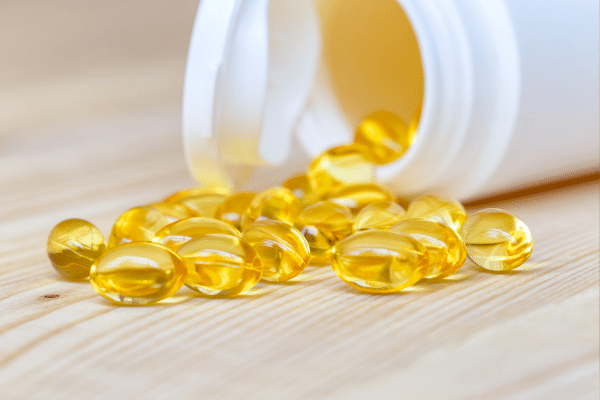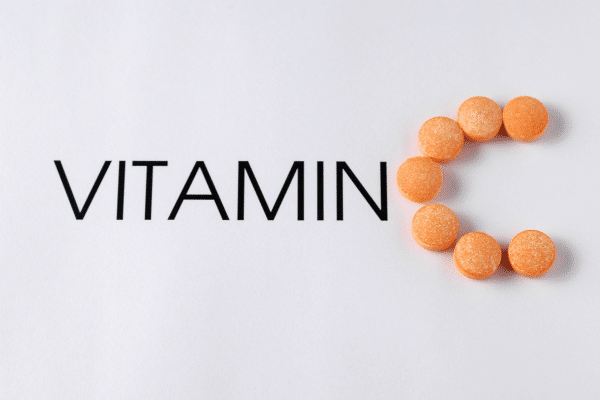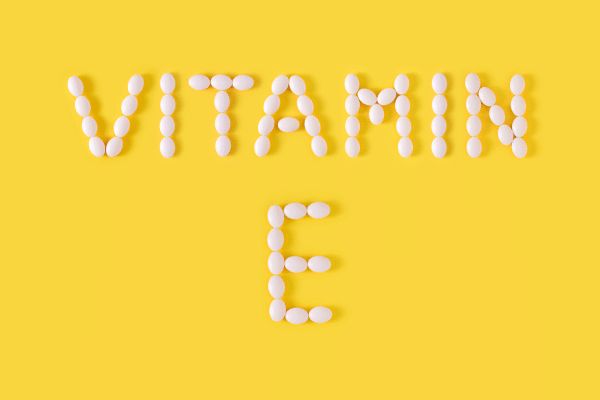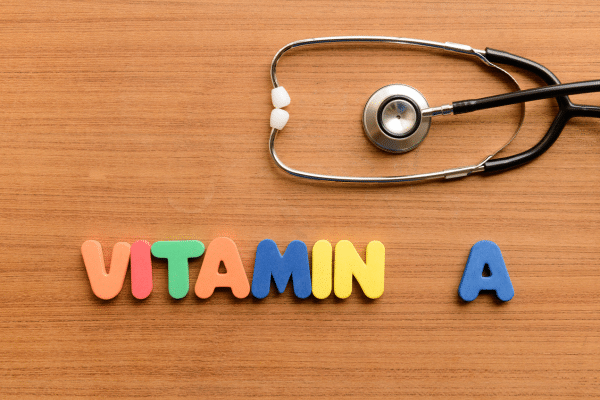In today’s health-conscious world, vitamins have taken center stage, acting as crucial agents for overall well-being. Many individuals, eager to ensure they’re receiving adequate nutrients, often find themselves lost in a sea of options and information. With the myriad of vitamin supplements available in the market, it’s essential to understand their roles and benefits. This article delves deep into the world of vitamins, highlighting their significance and how they can best serve the body’s needs.
Contents
Understanding Vitamins & Their Role

Vitamins are organic compounds required by the body in small amounts for various physiological functions. They play pivotal roles ranging from energy production and bone health to vision and immune function. The human body cannot produce most vitamins on its own, making it imperative to obtain them from food or, in some cases, supplements. A balanced diet typically provides all the essential vitamins necessary for optimal health. However, certain lifestyles or medical conditions might increase an individual’s vitamin requirements.
The distinction between essential and non-essential vitamins is vital. Essential vitamins are those the body can’t synthesize in adequate amounts, hence they must be ingested through diet or supplements. Non-essential vitamins, on the other hand, are those the body can produce from other compounds. For example, the body can produce Vitamin D when exposed to sunlight. Regardless of their classification, each vitamin has a unique role in supporting the body’s various functions and maintaining health.
Vitamin D – The Sunshine Vitamin

Vitamin D, often referred to as the “sunshine vitamin,” holds a special place among vitamins due to its dual source: sunlight and diet. It’s a fat-soluble vitamin essential for maintaining healthy bones by aiding in the absorption of calcium and phosphorus from the gut. In addition to bone health, Vitamin D is also known to have benefits related to mood regulation and bolstering the immune system. Deficiencies in this vital nutrient can lead to skeletal deformities in children and weak bones in adults.
Surprisingly, despite its importance, Vitamin D deficiency is common across the globe. A combination of factors, including limited sun exposure due to modern indoor lifestyles, sunscreen use, and living in higher latitudes, can contribute to reduced Vitamin D synthesis. Fortunately, there are dietary sources like fatty fish, egg yolks, and fortified foods that can help bridge the gap. Additionally, supplements can be a viable option for those at risk of severe deficiency, though it’s always wise to consult a healthcare professional before starting any supplementation.
Vitamin C – The Immune Booster

Vitamin C is a potent water-soluble vitamin known predominantly for its role in bolstering the immune system. It acts as an antioxidant, fighting free radicals in the body, and plays a vital role in the synthesis of collagen, which is essential for skin, tendons, ligaments, and blood vessels. Furthermore, Vitamin C aids in the absorption of iron from plant-based sources, ensuring optimal red blood cell production and function.
Incorporating Vitamin C-rich foods into the diet isn’t just about preventing colds; it’s also about promoting overall health. Citrus fruits like oranges, lemons, and grapefruits are well-known sources. Still, other fruits and vegetables such as strawberries, bell peppers, and broccoli also pack a substantial Vitamin C punch. While most people can obtain enough Vitamin C from their diets, those who smoke or are exposed to secondhand smoke might have slightly higher requirements due to the increased oxidative stress and metabolic demand.
B Vitamins – Energy & Nervous System Protectors

The B Vitamins represent a group of eight distinct vitamins that play synergistic roles in energy production and the maintenance of a healthy nervous system. These include B1 (thiamine), B2 (riboflavin), B3 (niacin), B5 (pantothenic acid), B6 (pyridoxine), B7 (biotin), B9 (folate), and B12 (cobalamin). Each of these vitamins participates in various cellular processes, with many of them acting as coenzymes that help the body metabolize carbohydrates, fats, and proteins.
Particularly noteworthy among the B vitamins are B12 and Folate. B12 is crucial for nerve function and the formation of red blood cells. It’s primarily found in animal products, making vegetarians and vegans potential candidates for deficiency. Folate, on the other hand, plays a significant role in cell division and is essential during pregnancy to prevent neural tube defects. Leafy greens, legumes, and fortified cereals are excellent sources of Folate. As with all nutrients, it’s preferable to obtain B vitamins from food, but in cases of specific deficiencies or dietary restrictions, supplements might be recommended.
Vitamin E – The Antioxidant Powerhouse

Often hailed as the “beauty vitamin,” Vitamin E is a fat-soluble compound with potent antioxidant properties. It protects cells from the damaging effects of free radicals, potentially reducing the risk of chronic diseases and slowing the aging process of cells. Additionally, Vitamin E helps widen blood vessels, preventing blood from clotting within them, and is involved in immune function.
The skin, in particular, can benefit from Vitamin E, both when ingested through food and when applied topically. It helps combat the detrimental effects of UV radiation, keeping the skin youthful and healthy. Natural sources of Vitamin E include nuts (especially almonds), seeds, spinach, and broccoli. While most people get enough Vitamin E from their diet, those with specific digestive disorders might require supplements since their ability to absorb the vitamin might be compromised. As always, it’s beneficial to seek advice from healthcare experts before introducing supplements.
Vitamin A – Vision & Growth Promoter

Vitamin A stands out due to its integral role in vision, growth, and cellular differentiation. It’s vital for maintaining healthy skin, eyes, and the lining of some body parts such as the nose. Vitamin A also contributes to the reproductive process and plays a role in the immune system’s function. It comes in two forms: preformed vitamin A (found in animal products) and provitamin A (found in plant-based foods).
Beta-carotene is the most well-known form of provitamin A, and it’s what gives carrots, sweet potatoes, and butternut squash their orange hue. Once ingested, the body converts beta-carotene into vitamin A. Liver, fish oils, and green leafy vegetables are also rich sources of this vitamin. Given its crucial functions, a deficiency in Vitamin A can lead to issues like night blindness and can affect the immune system, making it essential to ensure adequate intake.
Minerals: Don’t Forget About Them

While this article primarily focuses on vitamins, it’s crucial to touch upon the importance of minerals as well. Minerals like Iron, Calcium, and Zinc are just as essential as vitamins, playing vital roles in the body’s growth, bone health, and immune function. Unlike vitamins, minerals are inorganic elements that come from the soil and water and are absorbed by plants or eaten by animals.
Iron is essential for the production of red blood cells and transporting oxygen throughout the body. Calcium is renowned for its role in building and maintaining strong bones, while Zinc is crucial for growth, immunity, and wound healing. Foods like red meat, dairy products, nuts, and legumes are rich in these minerals. Like with vitamins, it’s always best to aim for a balanced diet that naturally incorporates these minerals rather than relying solely on supplements.
The Bottom Line
Navigating the complex world of vitamins and minerals can sometimes feel overwhelming. However, with knowledge and understanding, it becomes evident that a well-balanced diet, rich in a variety of foods, is the cornerstone of achieving optimal nutrient intake. While supplements can aid in specific situations or deficiencies, nature offers a bounty of nutrient-rich foods that can cater to most of the body’s needs. It’s always advisable to consult with healthcare professionals when unsure, ensuring that the choices made promote health and well-being.


